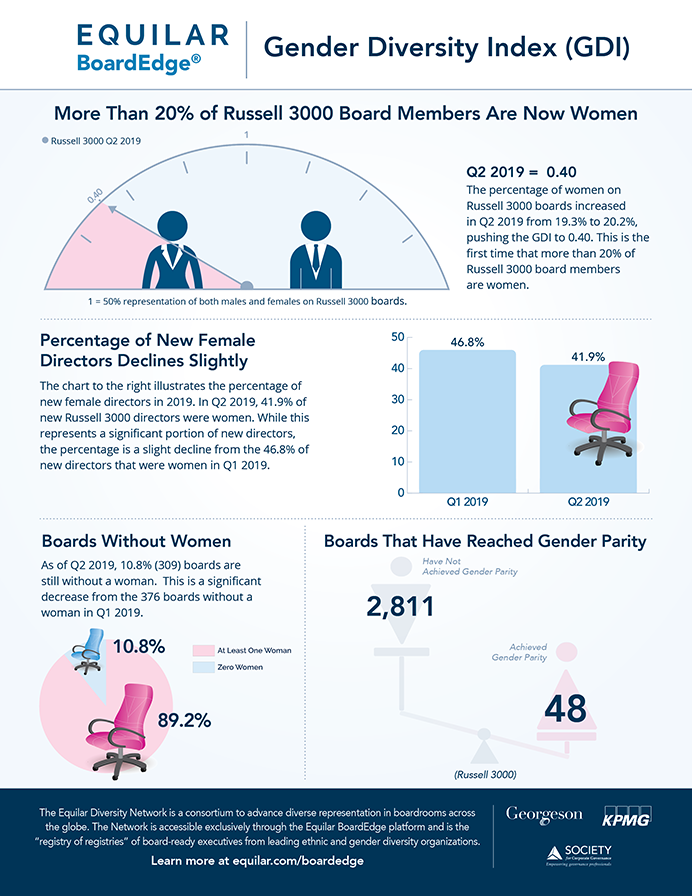Steve Wolosky, Andrew Freedman, and Ron Berenblat are partners at Olshan Frome Wolosky LLP. This post is based on their Olshan memorandum. Related research from the Program on Corporate Governance includes Universal Proxies by Scott Hirst (discussed on the Forum here).
On September 5, 2019, the SEC Investor Advisory Committee (“IAC”) issued a written statement (the “Statement”) to the Securities and Exchange Commission (“SEC”) making recommendations on steps the SEC should take to reform the “complex and multifaceted” U.S. proxy system. By way of background, the IAC is a committee of academics, investors, market participants and corporate and investor advocates established under the Dodd-Frank Act to advise the SEC on various regulatory priorities and to promote greater investor confidence and integrity in the securities markets. The Statement is actually a lightly modified version of a statement prepared in August by an IAC subcommittee consisting of an impressive cast of members, including a Director of CalPERS and the former General Counsel of Vanguard. The Statement was issued in response to consensus that widespread problems with the current “byzantine” proxy system relating to the accuracy, transparency, timeliness and cost-effectiveness of vote counts must be addressed in order to instill investor confidence in the system. These concerns were most recently brought front and center at the November 2018 SEC roundtable on “proxy plumbing.”
